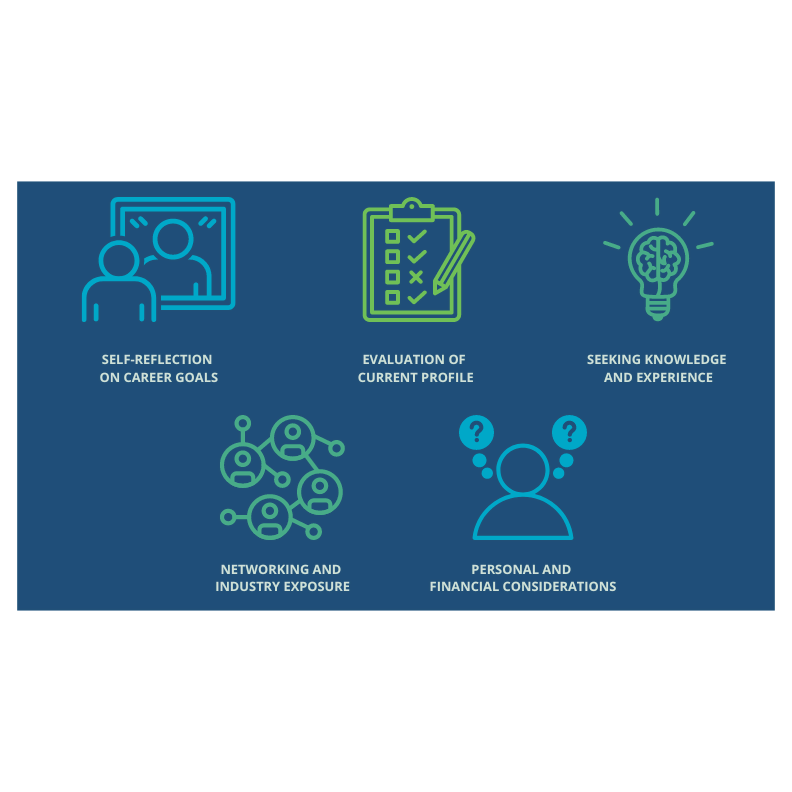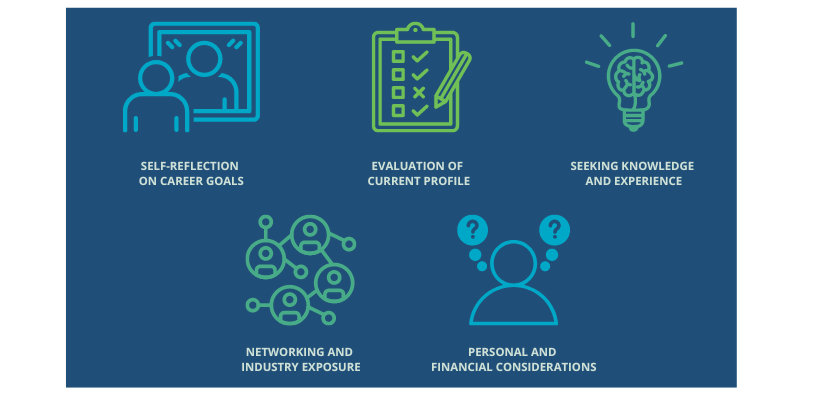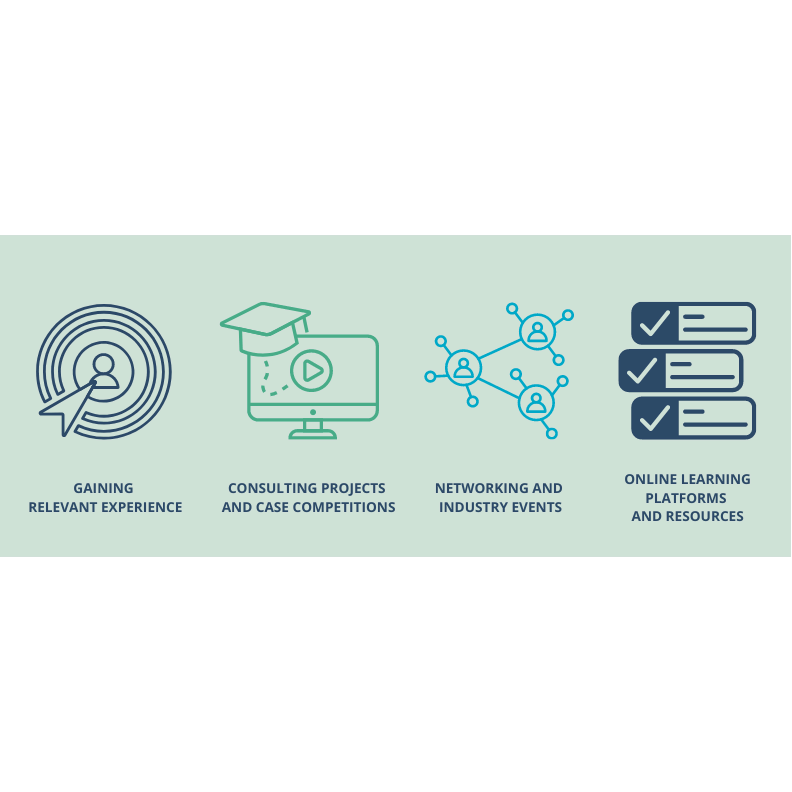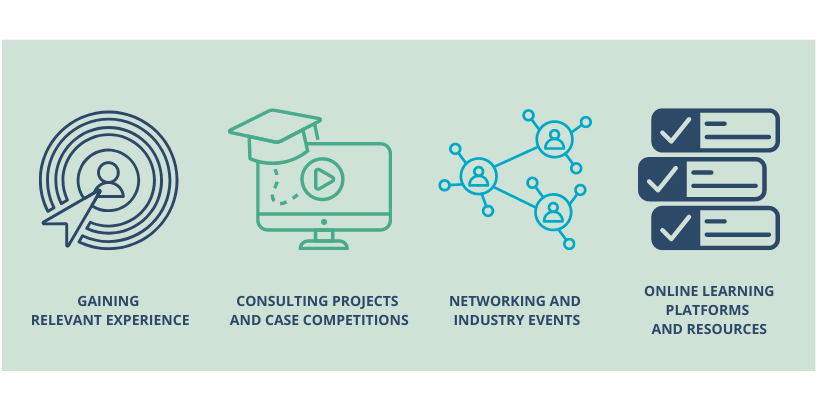In the competitive world of consulting, candidates are constantly seeking ways to stand out from the crowd and increase their chances of being recruited by top consulting firms. One popular path many consider is pursuing an MBA (Master of Business Administration) or a MiM (Master's in Management) degree. These advanced degrees are known for their ability to enhance skills, expand networks, and boost career prospects. Not everybody needs one, however.
The question is: Is it worth doing an MBA or MiM to boost your profile for consulting applications, or are there better alternatives to consider?
This article will provide an in-depth analysis of this question and a thinking framework to assess whether you need such a degree or not. But first, story time.
1. Storytime
I have worked with close to 200 candidates in the past two years, I’ve noticed many of them aspire to an MBA as a gateway into the firm of their dreams.
One particular candidate was already working in a Big4 consulting firm and wanted to transition into McKinsey. He explained to me his 3-year plan of working to become a top performer in his firm, saving for an MBA, applying to 10 business schools, eventually graduating and then finally applying to McKinsey.
He didn’t need any of that. He just needed to apply directly to McKinsey. His profile was good enough already.
Often, if we have a goal, we create a set of milestones ahead of us that would help us get closer to our objective. But many times, these are obstacles, not milestones, and we disguise them because we are either afraid of commitment or scared of going for what we always wanted to do.
Some candidates would benefit a lot from having a business degree. But very few of them. Most candidates need to develop a smart application strategy and a fantastic application package (CV, cover letter, referrals) and then re-think their personal story – who they are, what they stand for and what they are after. Crafting your personal story is where working with a great coach can make a critical difference.
Let’s dig deeper into how you can assess whether you actually need further education.
2. Understanding the Consulting Industry's Perspective
To make an informed decision about pursuing an MBA or MiM to boost your profile for consulting applications, gaining insight into the consulting industry's perspective on advanced degrees is crucial.
- Research on the Value of Advanced Degrees:
Numerous studies and reports have examined the value placed on advanced degrees like MBAs and MiMs in the consulting industry. A survey conducted by the Graduate Management Admission Council (GMAC) revealed that 92% of employers in consulting value the skills gained from an MBA degree. - Firms Value a Combination of Factors:
When evaluating candidates, consulting firms prioritise a combination of factors such as problem-solving abilities, analytical thinking, leadership potential, and cultural fit. Demonstrating these skills and qualities through your experiences and achievements is essential, regardless of whether you hold an advanced degree. - Evolving Trends in Consulting Hiring Practices:
The consulting industry is dynamic and hiring practices have evolved over time. While an MBA was once considered a near-requirement for consulting roles, the landscape has shifted. Firms are now placing greater emphasis on practical experience, industry knowledge, and specific skills that align with the needs of their clients. This trend is driven by a desire to provide clients with more diverse and specialised perspectives.
3. Assessing your Needs, Career Goals and Profile
Next, before deciding whether pursuing an MBA or MiM is worth it to boost your profile for consulting applications, it is essential to assess your career goals and evaluate how these programs align with your aspirations.
5. Alternatives to Consider
While pursuing an MBA or MiM can be a viable option for enhancing your profile for consulting, it's important to explore alternative paths that can bolster your chances of success in the industry. Here are some alternatives to consider:
6. Conclusion
In conclusion, the decision to pursue an MBA or MiM to boost your profile for consulting applications should be carefully evaluated. While these degrees offer several potential benefits, they are not the only path to success. It is essential to consider your career goals, profile, financial considerations, and alternative options before making a decision.
By taking a holistic approach and aligning your choices with your aspirations, you can make an informed decision that maximises your chances of success in the consulting industry. And if you want to diversify against risk, I’d recommend you apply for further education AND for consulting jobs. Feel free to reach out for support on either of them.







